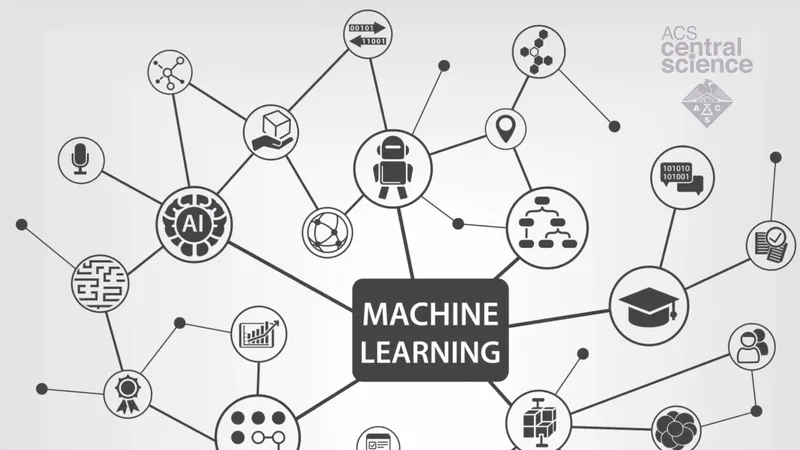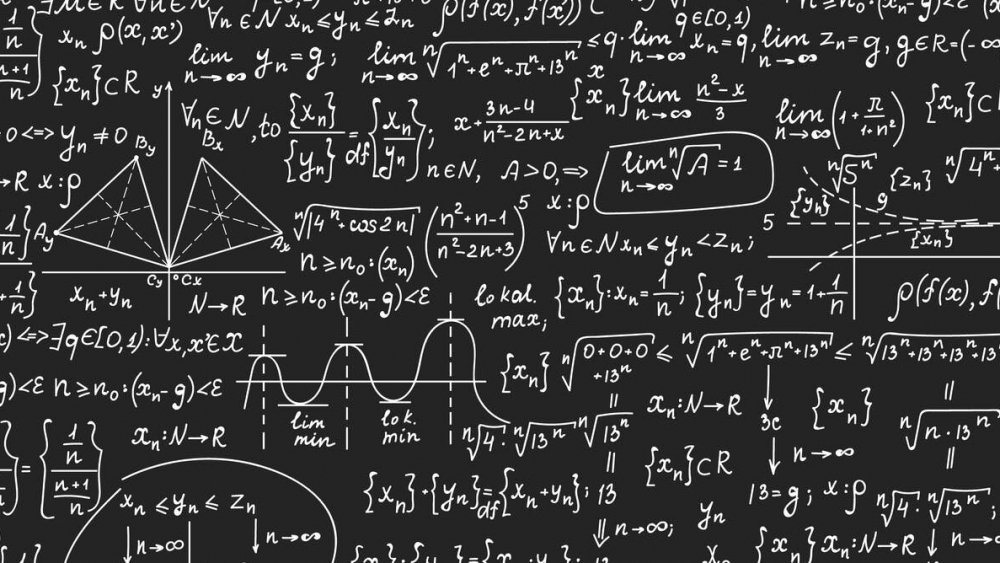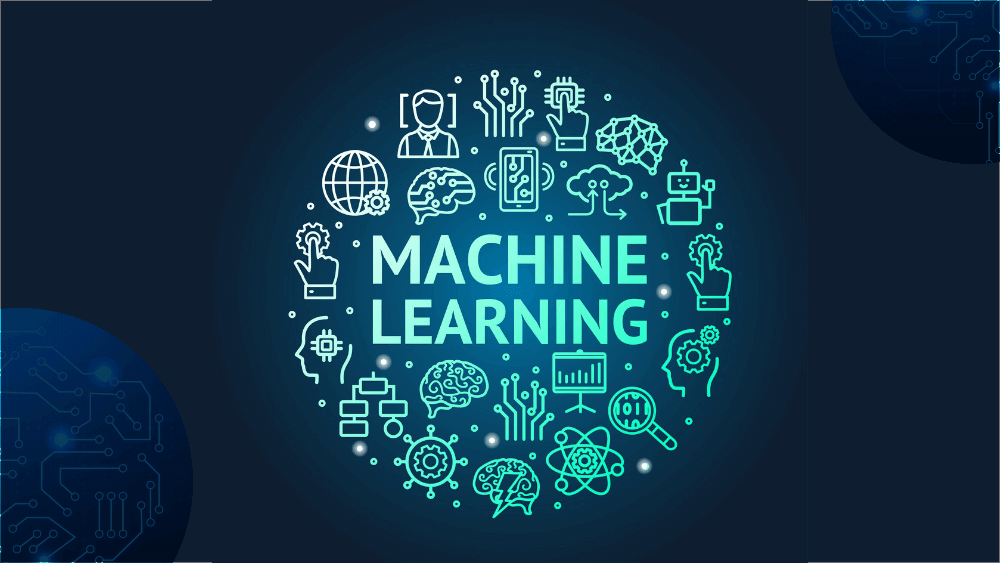Data Visualization Tools for Modern Data Science
Data visualization bridges the gap between raw numbers and actionable insights. With the right toolset, analysts can transform spreadsheets and databases into engaging charts and dashboards that reveal hidden patterns.
1. Matplotlib and Seaborn
These Python libraries are the bread and butter of many data scientists. Matplotlib offers low-level control for creating virtually any chart, while Seaborn builds on top of it with sensible defaults and statistical plots.
2. Plotly and Bokeh
For interactive web-based visualizations, Plotly and Bokeh stand out. They enable dynamic charts that allow users to zoom, hover, and filter, making presentations more engaging and informative.
3. Tableau and Power BI
When you need to share results with non-technical stakeholders, business intelligence tools like Tableau and Power BI offer drag-and-drop interfaces and polished dashboards. They integrate well with various data sources and support advanced analytics extensions.
Effective visualization helps convey complex analyses in a format that anyone can understand. Choosing the right tool depends on the audience, data type, and level of interactivity required.



